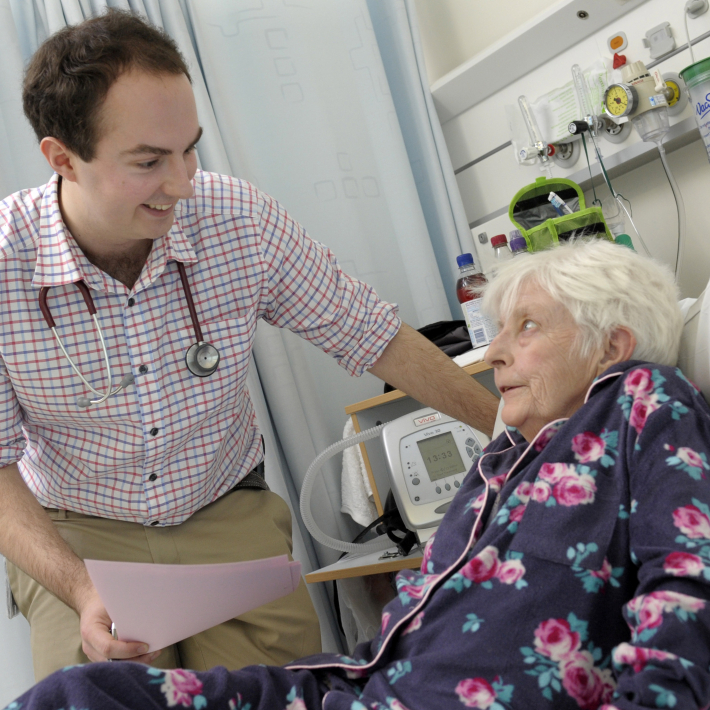"Medicine involves a curiosity of science, practical skills and the opportunity to not only engage with, but to transform people’s lives."
Tim was inspired to consider medicine by a biology teacher at school.
